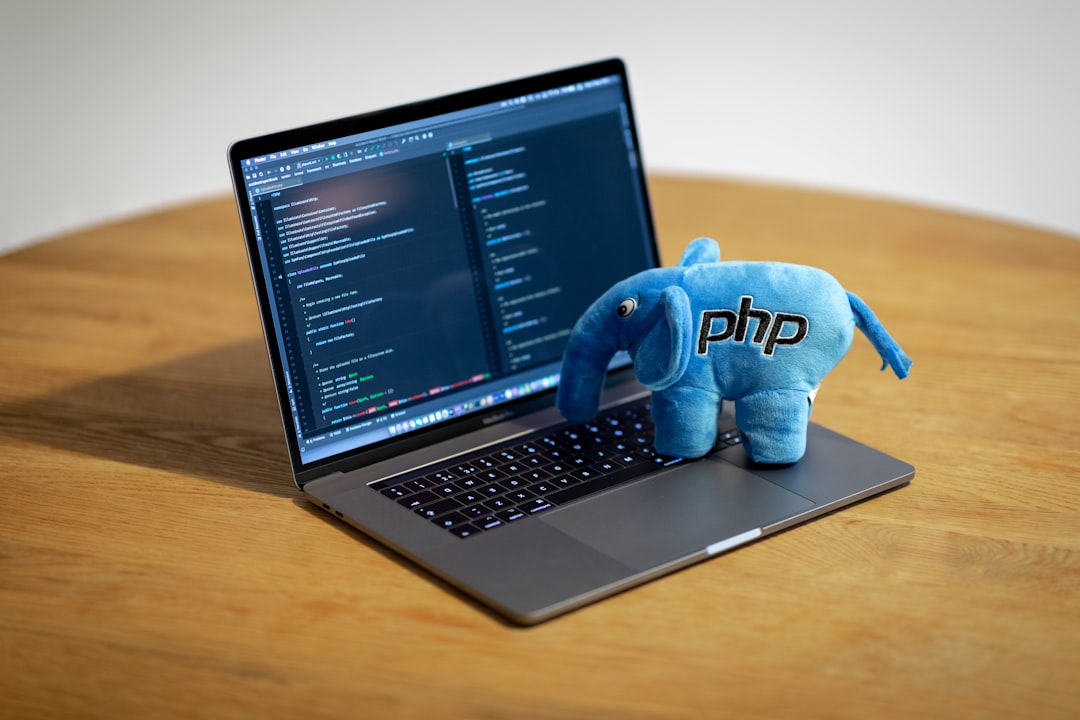
Coding Fundamentals: Mastering Programming Languages for Efficient Development
In the rapidly evolving world of technology, the ability to master programming languages is crucial for efficient development. Whether you are a novice coder or an experienced developer, understanding coding fundamentals can significantly enhance your programming skills, streamline your development process, and improve your problem-solving abilities. This article will explore the key aspects of coding fundamentals, the importance of mastering programming languages, current trends, practical applications, and recommended resources for further learning.
Understanding Coding Fundamentals
Coding fundamentals are the foundational concepts and techniques that form the basis of programming. They encompass various elements, including:
1. Syntax and Semantics
Each programming language has its own syntax, which is the set of rules that define the structure of the code. Semantics refers to the meaning behind the code. Mastering syntax and semantics is essential for writing clear and efficient code, as it helps you avoid common pitfalls and errors.
2. Data Structures and Algorithms
Understanding data structures (such as arrays, lists, and trees) and algorithms (such as sorting and searching) is crucial for writing efficient code. Mastery of these concepts allows developers to choose the right tools for the task and optimize performance.
3. Control Structures
Control structures, including loops, conditionals, and functions, are vital for managing the flow of a program. Grasping how to effectively use these structures can lead to cleaner and more maintainable code.
4. Object-Oriented Programming (OOP)
OOP is a programming paradigm that uses objects and classes to organize code. Mastering OOP principles such as encapsulation, inheritance, and polymorphism can lead to more modular and reusable code.
The Importance of Mastering Programming Languages
Mastering programming languages is not just about learning syntax; it involves understanding the ecosystem surrounding the language, including libraries, frameworks, and tools. Here are some reasons why mastering programming languages is essential:
1. Improved Efficiency
An in-depth understanding of a programming language leads to increased productivity. Developers who are proficient in a language can write code faster, debug issues more effectively, and implement features with fewer errors.
2. Enhanced Problem Solving
Mastering programming languages equips developers with the skills to tackle complex problems. When you understand the intricacies of a language, you can devise innovative solutions and optimize existing ones.
3. Career Opportunities
Proficiency in multiple programming languages can open doors to diverse career opportunities. Employers often seek developers who can adapt to different languages and technologies.
4. Collaboration and Teamwork
In a collaborative development environment, understanding various programming languages enables better communication among team members. It fosters a culture of knowledge sharing and collective problem-solving.
Current Developments and Emerging Trends
As technology evolves, so do programming languages and their applications. Here are some current developments and trends shaping the world of programming:
1. Rise of Multi-paradigm Languages
Languages like JavaScript and Python have adopted features from various paradigms, including functional programming and OOP. This trend allows developers to choose the best approach for their specific needs.
2. Increased Emphasis on Security
With the rise of cyber threats, programming languages are increasingly incorporating security features. Developers must be aware of secure coding practices and how to implement them in their code.
3. Low-code and No-code Platforms
These platforms are gaining popularity, allowing users to create applications with minimal coding knowledge. However, understanding the fundamentals of programming languages can enhance the use of these tools.
4. Quantum Computing
As quantum computing gains traction, new programming languages and paradigms are emerging. Languages like Q# and Qiskit are designed specifically for quantum programming, highlighting the need for developers to adapt to this new landscape.
Practical Applications of Programming Languages
Mastering programming languages opens up numerous practical applications across various domains. Here are a few examples:
1. Web Development
Languages like JavaScript, HTML, and CSS are essential for building interactive and dynamic websites. Understanding frameworks like React or Angular can significantly enhance web development efficiency.
2. Data Science and Machine Learning
Python, R, and Julia are popular languages for data analysis and machine learning. Mastering these languages can lead to breakthroughs in data-driven decision-making.
3. Mobile App Development
Swift (for iOS) and Kotlin (for Android) are the dominant languages in mobile app development. Proficiency in these languages can lead to innovative mobile solutions.
4. Systems Programming
Languages like C and Rust are essential for systems programming, offering low-level access to hardware and memory. Mastering these languages is critical for performance-oriented applications.
Expert Opinions on Mastering Programming Languages
According to Dr. John Doe, a renowned computer scientist, “Understanding the core concepts of programming languages is like learning the grammar of a spoken language. It enables developers to express their ideas clearly and effectively.”
Suggested Resources for Further Learning
To deepen your knowledge of programming languages and coding fundamentals, consider the following resources:
Online Courses
- Coursera – Programming Foundations with JavaScript, HTML, and CSS
- edX – Introduction to Computer Science and Programming Using Python
Books
- “Clean Code: A Handbook of Agile Software Craftsmanship” by Robert C. Martin
- “The Pragmatic Programmer: Your Journey to Mastery” by Andrew Hunt and David Thomas
Documentation and Tutorials
Glossary of Terms
- Syntax: The set of rules that defines the structure of a programming language.
- Semantics: The meaning behind the code written in a programming language.
- Data Structure: A way of organizing and storing data to enable efficient access and modification.
- Algorithm: A step-by-step procedure for solving a problem or performing a task.
By focusing on coding fundamentals and mastering programming languages, developers can enhance their skills and contribute to more efficient and effective development processes. The journey to becoming a proficient developer is continuous, as there is always more to learn and explore. Embrace the challenge, stay curious, and keep coding!
For more insights and updates on coding fundamentals and programming languages, consider subscribing to our newsletter or sharing this article with fellow developers. Happy coding!


